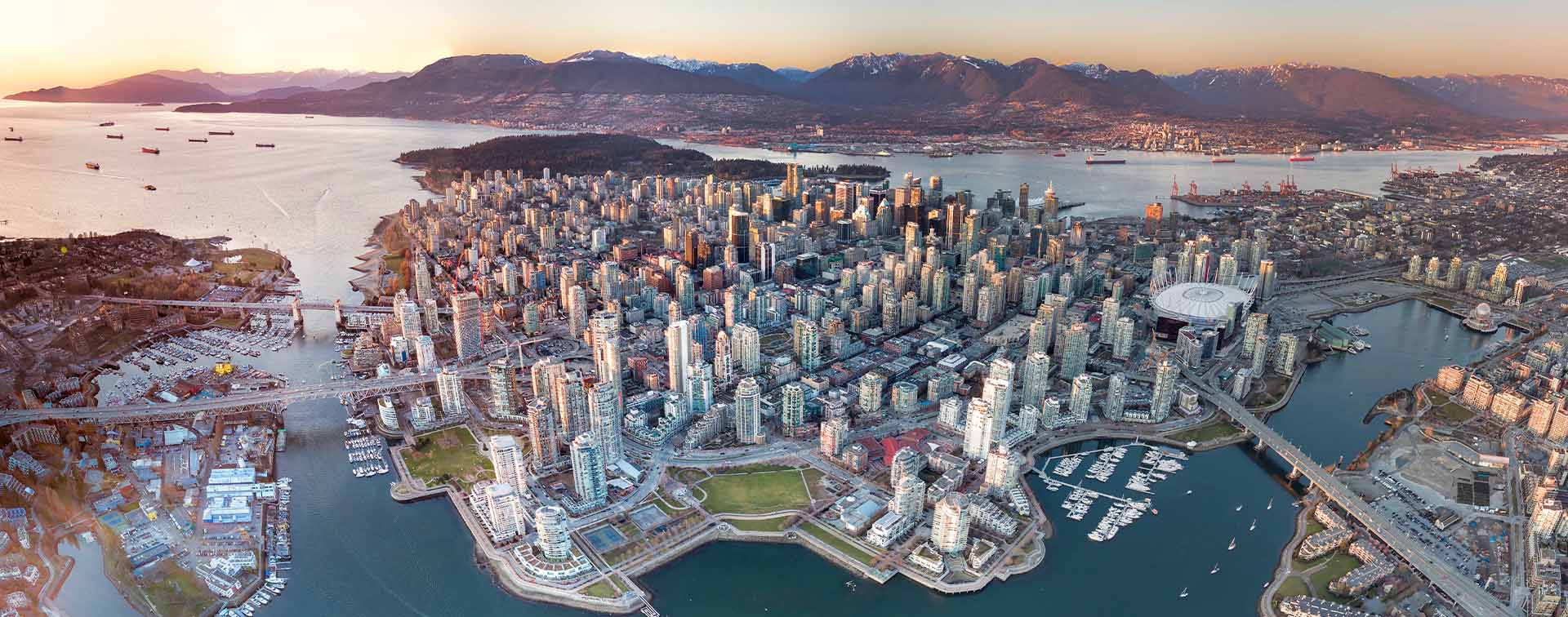
Yannick Archambault is a Partner and leads KPMG’s National Family Office practice in Canada that provides independent and objective advice to HNWIs and their families.
Canada ranks 8th on the 2022 list of the world’s 10 wealthiest countries by ‘total wealth’ (the W10), with an average net worth of USD 164,360 per capita. The country is a popular choice for affluent individuals and families considering migration or additional residencies. When moving to Canada, high-net-worth individuals (HNWIs) often bring fresh ideas, new businesses, and personal wealth that help bolster economic growth and investment in the country.
As the Henley Private Wealth Migration Dashboard shows, with a total population of 38 million, at the end of 2021 Canada was home to 364,100 HNWIs who are concentrated significantly in major centers such as Toronto, Vancouver, Montreal, and Calgary. The data reveals that over the 10-year period from 2011 to 2021, the country’s HNWI population grew by 22%, with 5% growth between 2020 and 2021 alone. While overall HNWI migration dipped during the pandemic, Canada’s projected net inflow for 2022 is 1,000, meaning an estimated 1,000 more affluent people (and in many cases, families) are expected to migrate to Canada in 2022 than will leave — not far behind the USA (where the anticipated net inflow is 1,500 HNWIs). Over the next 10 years, Canada is forecast to see a 30% increase in its HNWI population — the fourth-highest growth among W10 countries after India (80%), Australia (60%), and China (50%).

Canada’s HNWI growth forecast will likely be augmented by an increase in demand for alternative residencies. Many affluent individuals who saw their movements highly constrained during the pandemic are realizing the importance of diversifying their wealth and investments and enhancing their lifestyle options. Increasingly, they are looking for greater flexibility and want to better manage risks in the event of a future pandemic, geopolitical crisis, or other situation that might affect them and their country of primary residence. At the same time, a growing number of affluent Canadians are also considering their alternatives, both out of their desire to have a ‘Plan B’ and their interest in working from anywhere.
Canada has always been a popular destination for global citizens. The country offers a high quality of life, a safe, politically stable environment, and a world-renowned education system. The country is also recognized internationally for its commitment to human rights and inclusive, multicultural society — which provides a welcoming environment to those from diverse backgrounds.
According to the latest Immigration Levels Plan, Canada intends to welcome a record number of new immigrants between 2022 and 2024 to help drive economic growth and long-term prosperity. The federal government is investing new funding to strengthen the country’s immigration system, improve processing times and attract more skilled workers. One way to become a permanent resident in Canada is through its Start-Up Visa Program, which targets successful entrepreneurs with the potential to build or support innovative businesses that can create jobs for Canadians and compete globally.
Like many countries, Canada is currently exploring new revenue-generating tax measures to help reduce deficits due to pandemic-related spending, including a new minimum tax regime for HNWIs. Nonetheless, the country’s economy continues to be resilient overall, with supportive tax measures and incentives that benefit small- and medium-sized and family-owned businesses, helping to drive future growth, entrepreneurship, and a green recovery. For example, the federal government is extending the applicability of the country’s lower small business tax rate from companies with taxable capital of CAD 15 million to those with CAD 50 million.
Canada’s stability, excellent quality of life, and positive reputation are expected to keep it high on the radar of affluent individuals and families choosing to immigrate from their country of origin — not just today, but in the years ahead.